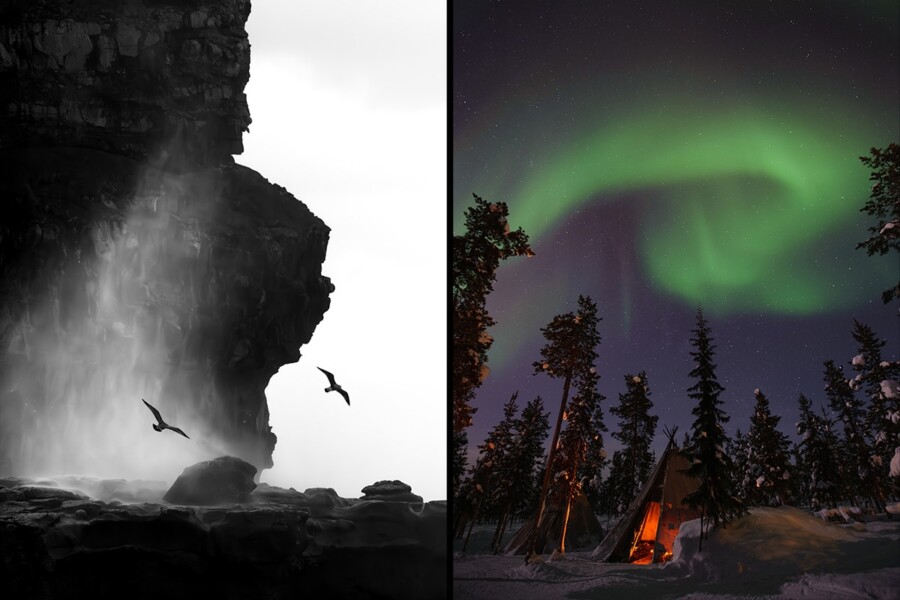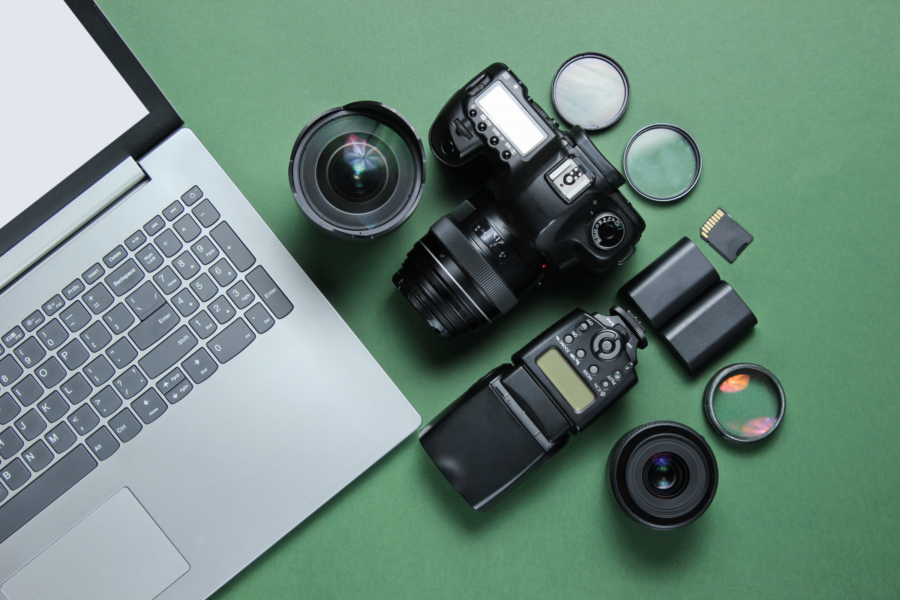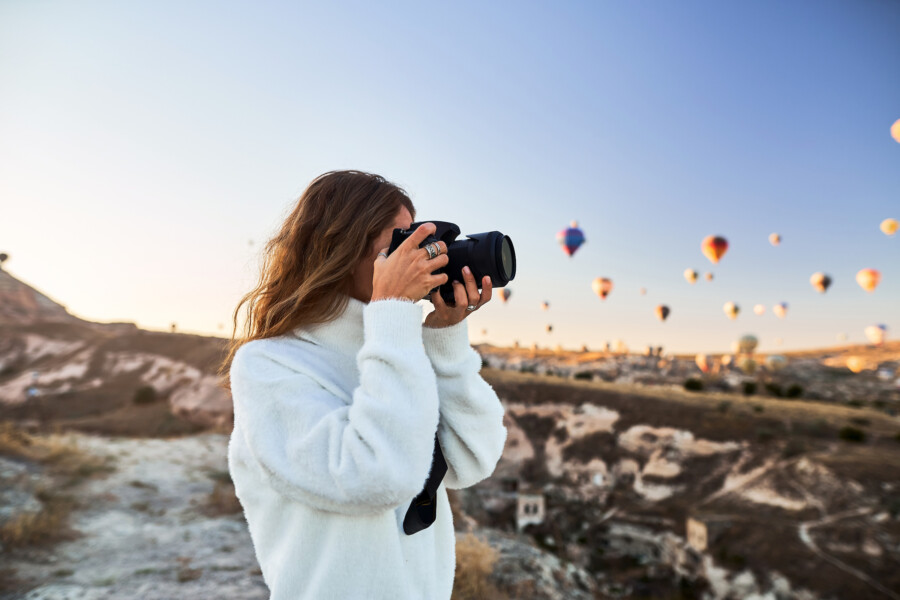Share
Winnie Au: Working with a Rep Day-to-Day
This interview is from our free, downloadable guide Tips to Getting a Photo Rep. For more tips, download your copy today, here. Portrait and st...
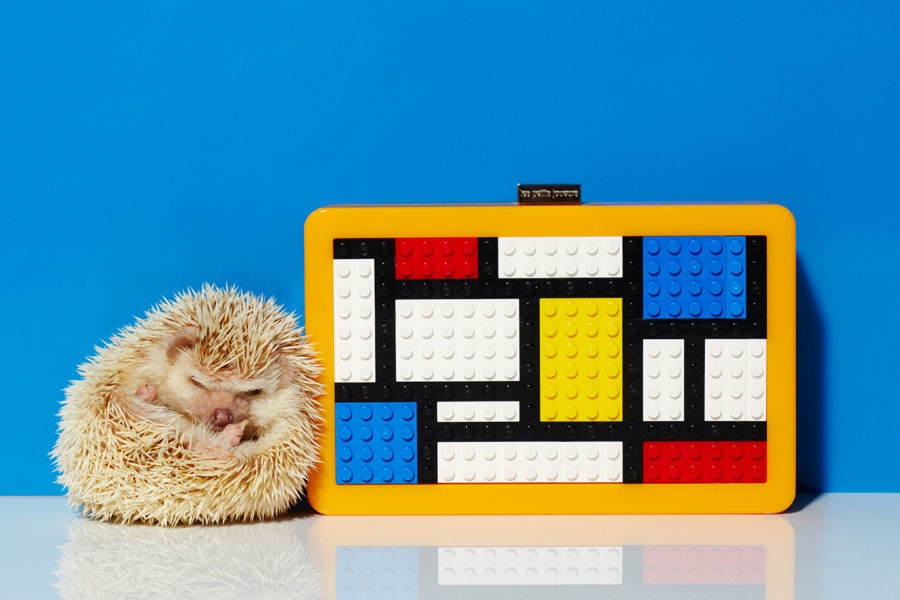
This interview is from our free, downloadable guide Tips to Getting a Photo Rep. For more tips, download your copy today, here.
Portrait and still life photographer Winnie Au shoots portraits of designers, artists, chefs and musicians, as well as animals. Based in Brooklyn, N.Y., Au assisted for 10 years before starting her own photography business almost four years ago. She signed with This Represents in 2014 and currently shoots for a variety of editorial and advertising clients including The Bark, Bon Appetit, Calvin Klein, Estee Lauder, Food Network Magazine, Gap, Google, GQ, J. Crew, Levi’s, Monocle, NY Magazine, Procter & Gamble, Refinery 29, Target, and West Elm.
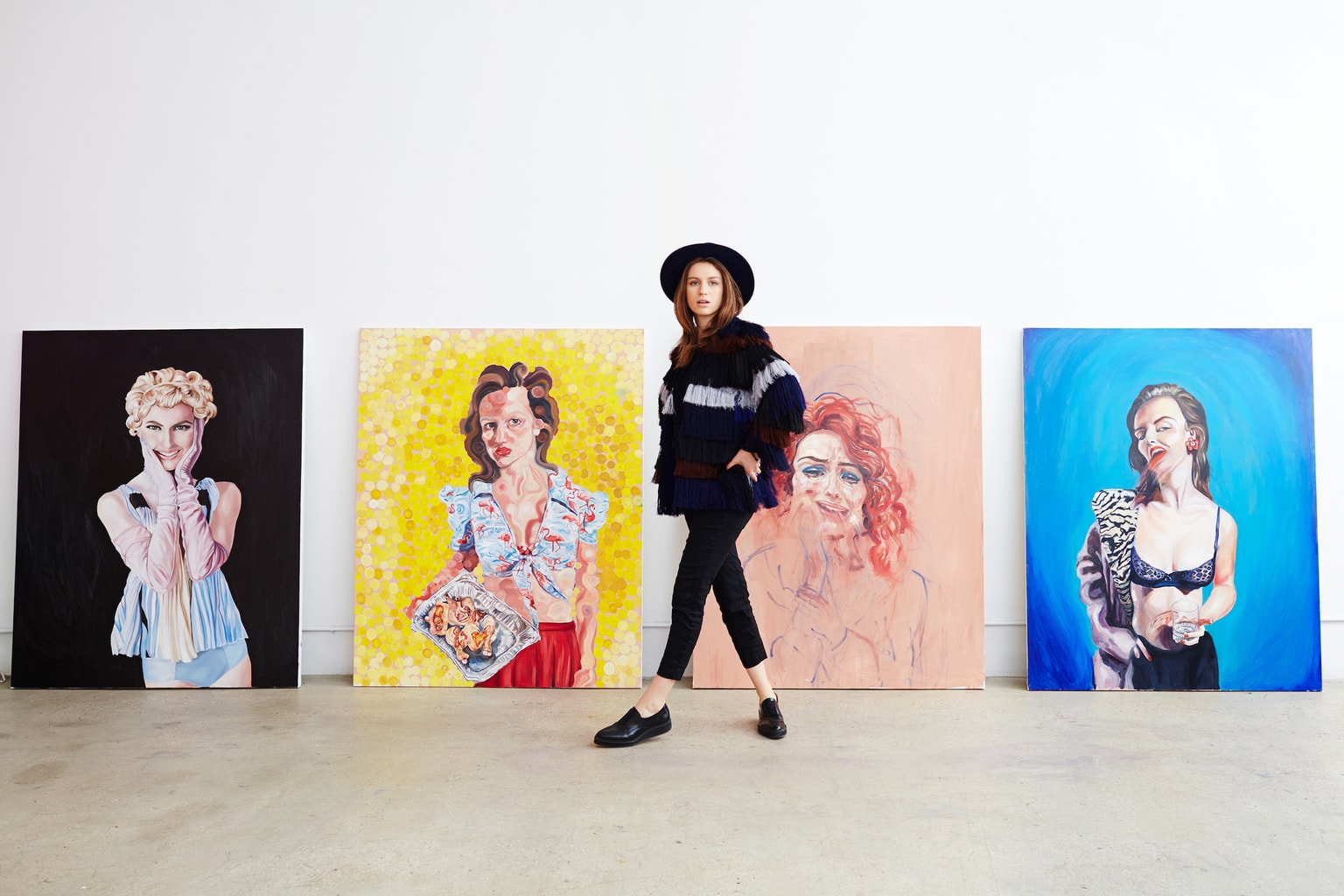
At what point did you get hooked up with an agency? How did that happen for you?
I signed with my current agent two years ago. Before I was with my current agent I was working with Wonderful Machine. For me they were great, because you don’t need to sign with them full time. You join, but you don’t have to use their services if you can’t afford it. I could decide, based on a project, whether or not I needed help with an estimate or contract review. In the beginning when you’re shooting smaller projects, sometimes it just doesn’t make sense to have a full time agent.
By the time I signed with my current agent, that’s when my business was really growing. It felt like I needed more attention on a day-to-day basis. That’s when I started reaching out to people and doing a search. My process was sort of the same as when I reach out to clients. I researched which agencies I would want to be with, made a list, and sent them emails, sent them marketing promos and newsletters, and I sent them print promos of what I was doing.
I tried to get meetings with people. At the time I signed with Natalie Flemming at This Represents, I was talking to a few different agencies, and she ended up being the best fit.
Why did you feel that she was a good fit for you?
She is based out of LA. I was actually hesitant to sign with someone who wasn’t local in New York. She flew out here, and when we met she spent a lot of time editing with me. Of the people I met with, she took the time to go through my whole archive and do an edit with me. I could see what her eye is like.
We got along, and she really understood the clients I was shooting for and the subject matter. She seemed to understand my vision, and from a marketing standpoint I thought she had the best, most aligned version of how she would market my stuff to the world. It was the most consistent with how I wanted to be perceived.
What does she do for you on a day-to-day basis?
It’s everything from helping with the estimates and coordinating creative calls, to helping with putting together pitches and treatments, and then she obviously negotiates contracts and fees. How she handles client relationships and deals with other people is hugely important. Lots of people could negotiate the numbers, but as a face for the company, she accurately reflects what I want to present to the world. She’s a good people person, but also knows business.
What’s great about her agency is that it’s small. For me, it’s important to not be at a huge agency and lost in the shuffle. It’s not like I wake up and call her, but we are on either email or phone almost every day because we’re generally working on a bunch of different projects together.
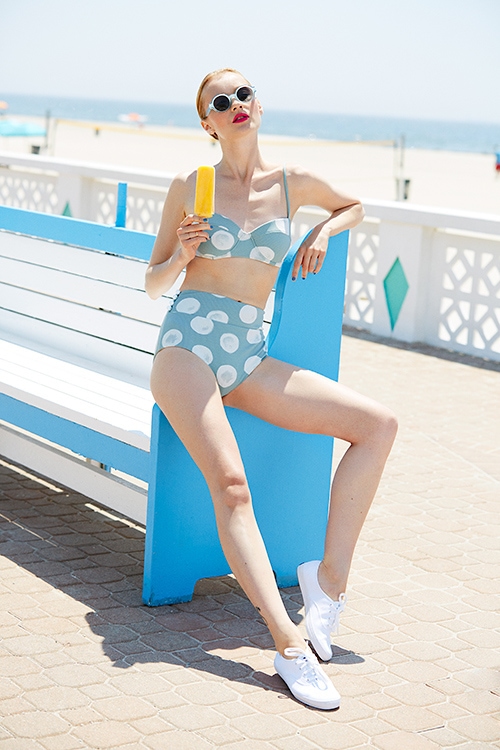
Has she brought you a lot of new clients and work that you wouldn’t have gotten otherwise?
Yeah, she has brought in new clients. I’m getting a lot more advertising work than I had before I was working with her. But it’s hard to track how many jobs she brought in. Some of the contacts are people I’ve known awhile. I feel like since I’ve been with her we’ve gotten a lot bigger jobs.
She brought, from a guidance standpoint, a better understanding of how the ad world works and what the expectations are. I feel like that’s something I wouldn’t have been able to navigate on my own at all if I didn’t have her expertise.
Do you still do your own marketing?
I continue to do what I was doing before, and then she also does marketing. In this day in age, unless you’re already famous, you have to get your name in as many ways as possible. I have my network; she has a network too.
What does she do to market for you?
She shows books, does print promos, does the look book events, does meetings and does email newsletters and social media. The same mix of things that I do, except she probably has more meetings for portfolio showings than I do.
Is she doing all of that solely on your behalf or is some of it combined with marketing for her other photographers?
The emails are a one-per-photographer thing. A lot of the other stuff is with the group of photographers.
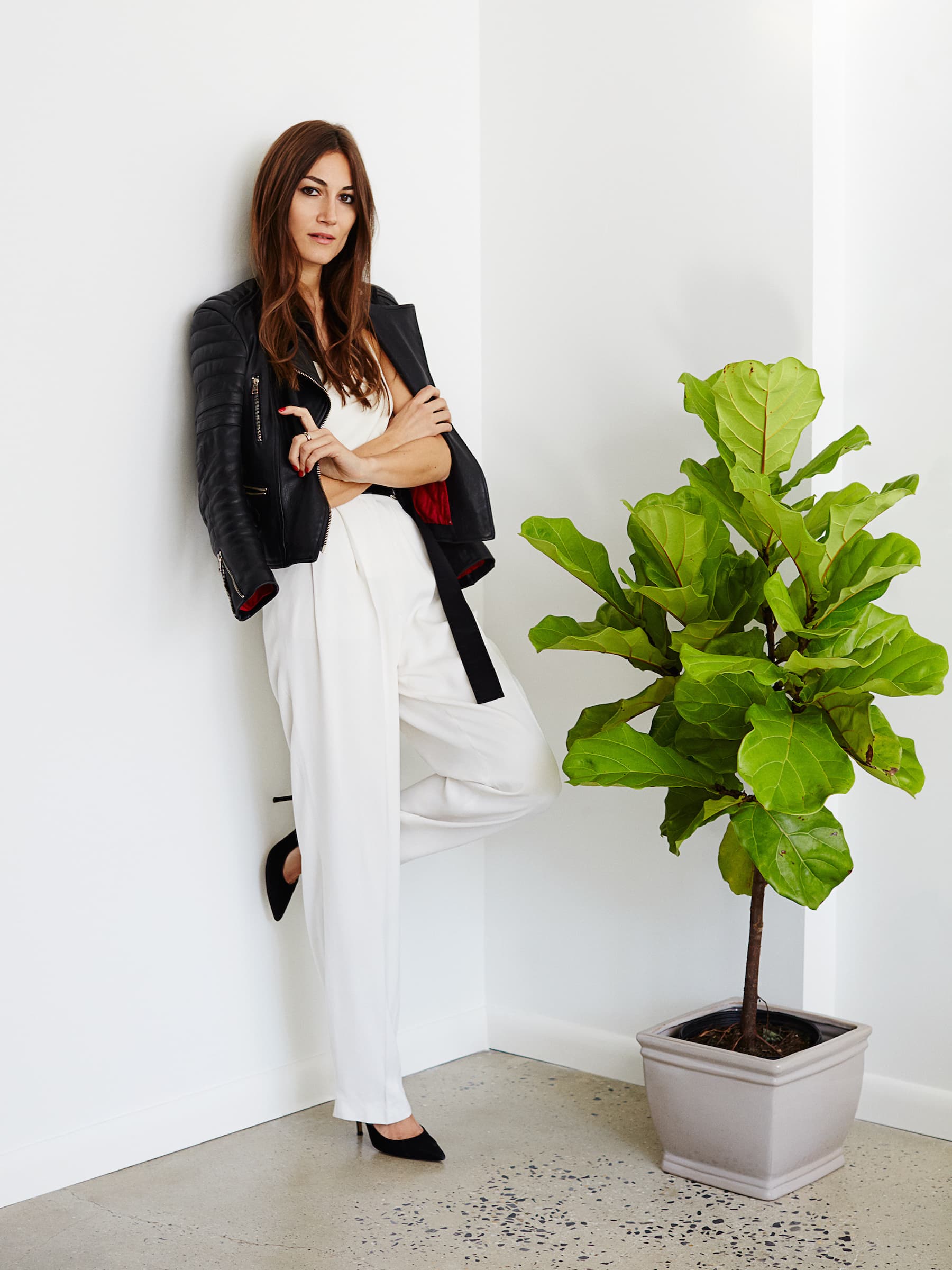
Are there any other expectations that she has of you to fulfill your relationship on the marketing side of things?
We’re required to keep up with social media. We should help hold up our end of the bargain. Meaning I shouldn’t be flaky, and I need to be consistent.
How does the negotiating process work?
Typically I’m not really involved. I don’t know exactly what happens, but if a job comes in I’ll work on a pitch and talk about how I want to do things. I give her an idea of what my expenses would be. She deals with all of the usage and fees. Then we’ll often work with a producer to put all of the other numbers together.
What are your tips for starting a new photographer/agent relationship on the right foot?
I think the main thing is to remember that it’s a partnership. You have to need them as much as they need you. When I first met with agents earlier in my career, a lot of them would just say, you’re not making enough money for me to take you on, or they wouldn’t have room to take me on. You have to be a good investment for them. At the same time, they should be a good investment for you.
You always have to remember that you can’t just sign with an agent and think they’re going to bring in all of my work. Your job is far from done. You have to give them imagery to market with. You can’t be waiting for the next big job and not shoot in the meantime. It’s a two-way street.
You can’t just give up the responsibility of owning your own career just because you have an agent. They can help you get your career to the next level, but you have to help them do that.
What do you say has been the best benefit of having signed with your agent?
The biggest business perk is not having to deal with the numbers. I think it’s really nice to have that separation between photographer and client. I feel like it helps me focus on what I care about, which is the creative side.
Has she helped you with any sticky situations with clients?
It’s just always good to have a middle person. I feel like you get more honest feedback from clients than you would if you didn’t have an agent. I feel like I’m more likely to find out why I did or didn’t get a job. Whereas I feel like when I am on my own, it’s very unlikely someone is just going to tell you that to your face.
All photos © Winnie Au
For more tips to lock down a rep and seal the deal, check out Tips to Getting a Photo Rep.

